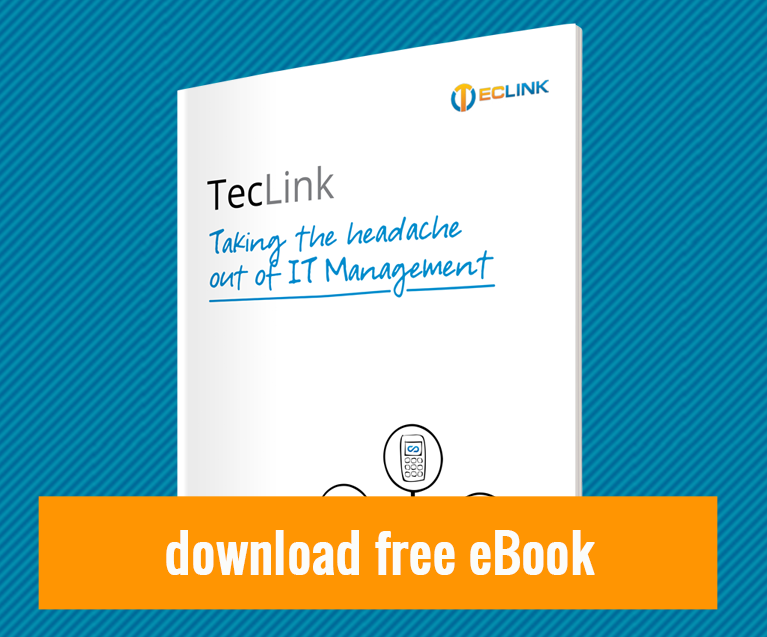Business data is among the most important assets that any company owns. As a small business, securing your data is most critical, given the limited resources you may have to manage and recover data in case of an emergency.

Not only does your data contain confidential information like client details and tax records, but it also contains the information needed to operate your business on a daily basis.
Avoid Data Loss with Smart Strategies
Major data losses can be so devastating to small businesses that some simply cannot survive the effects. This is why it is so important to have the following small business data strategies in place.
1) Locate and Sort Your Data.
Knowing where your data is stored is very important. Otherwise, it's not as valuable as it could be. Have designated, secured areas where the data is housed, either in well-marked files on the computer, within cloud storage or on external hard drives.
Once you have found where all your current data is, you need to sort it by sensitivity. Information such as financial records, customer information, and trade information should be separate from non-sensitive data.
Next, make sure all sensitive information is encrypted and only accessed by a select few trusted individuals. You should also have security procedures in place to protect the information from getting into the wrong hands, such as password protected files and firewalls.
2) Use External Drives To Back Up Data.
Using external storage options to back up your data is particularly important if you work from your personal computer or laptop. It is recommended to back up all data at least once a week, if not daily, depending on the frequency the data is updated.
External hard drives and jump drives both work well for this purpose, as they can easily be stored away from the work area while still remaining easy to transport for backup. It's also a good idea to have additional back up located outside the building to prevent complete loss due to physical disasters.
3) Back Up Servers Daily And Store Off Site
Businesses that use servers to handle their data needs should also back up the data regularly, at least once a day. These backups should also be stored off site to protect them against total loss. One way to help with this is to have an Enterprise Class Local Backup Technology that will automatically back up all data, according to a pre-determined time frame.
4) Have A Disaster Recovery Plan
Disasters, in and of themselves, are hard enough without risking losing all your data. Human error, weather, and mechanical failure can erase all information from local drives. This loss could mean the end of the business — while buildings can be repaired or rebuilt, some forms of data can never be replaced once they are lost.
As part of your small business data strategies, a disaster recovery plan should be developed that defines the step-by-step instructions on how you will recover your data in case of a loss. The plan could include documentation of the locations of your data backups, having emergency hardware ready for use and roles of the staff responsible for the recovery.
The plan should be supported by regularly backing up your data and storing it in safe, secure, and weather-proofed off site locations, both virtually and in hard copy, such as an external drive. Testing your plan annually is a smart way to be sure your staff is prepared.
5) Use An IT Management Provider
A trusted IT management provider will work with you to design, carry out, and maintain your data security plan in a simple, yet failproof way. These services could include small business data strategies in the management of your networks, servers, data backups and disaster recovery plans. This partnership can take the worry out of your hands while still giving you peace of mind that your data is secure.
By utilizing these data protection tips, your small business's most valuable assets will be protected against loss, theft or disaster. When it comes to your critical data, maintaining backups and security measures can mean the difference between returning to work quickly after a disaster, and never getting back on the job.
Image credit: small business





